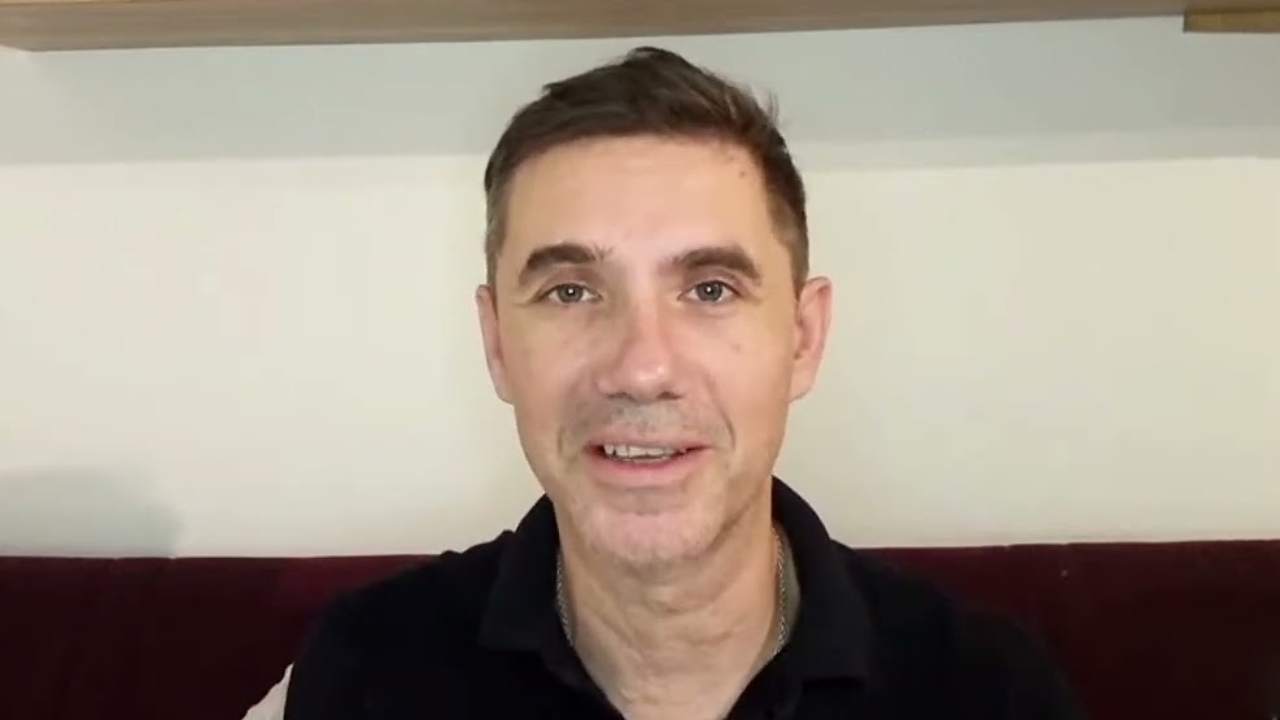Man gets suspended sentence for false nuclear attack news

A man who spread false news of a nuclear attack on social media has been given a four-month suspended sentence with a year and a half of probation. According to the judge, the statements made by Ladislav Vrabel were likely to cause fear and concern among some members of society. "Even democracy has its constitutional limits," the judge said.
The verdict is not yet final. The public prosecutor has reserved the right to appeal. She had proposed a two-month increase in the sentence.
In November 2022, Ladislav Vrabel published a video claiming that the Czech government was planning a nuclear attack on Russia. "If this doesn't get you out of your chair, that our government wants to attack the Russian Federation with nuclear weapons, I don't know what will. Because if our government does that, the Russian side will retaliate and send nuclear warheads to the Czech Republic," he claimed, adding that in that case people would only have "a few months to live".
The Czech Republic has no nuclear weapons.
In court, Vrabel defended himself by claiming he was merely repeating the words of former UN inspector and US Marine Corps officer Scott Ritter. However, Ritter has not worked in the military for several years and is currently spreading Russian propaganda.
Ladislav Vrabel lives in Serbia. By 2021, he faced a total of 27 garnishments, some for unpaid debts dating back twenty years. He owed a total of around three million Czech crowns (around €127,000).
In the autumn of 2022, Vrabel gained visibility by organising anti-government demonstrations. Due to his garnishments, he used his wife's bank account to raise money to organise the demonstrations. In February, a court declared him bankrupt for failing to meet the conditions for debt relief.
Vrabel denied the charge of spreading false news in court, saying he felt completely innocent. He sees his prosecution as political, an attempt to silence the opposition. He also describes his personal bankruptcy as a political trial.
However, the judge strongly rejected the claims of a political case. "The defendant is not such a well-known person that any political representation would need to persecute him," he said. "His aim was to attract people to the demonstrations. He admitted here that he incited people. The court does not overestimate this, but it reached the level of criminal responsibility. Due to the defendant's debts and his residence outside the Czech Republic, the court applied the lower end of the probation period," Reflex magazine quoted him as saying.

